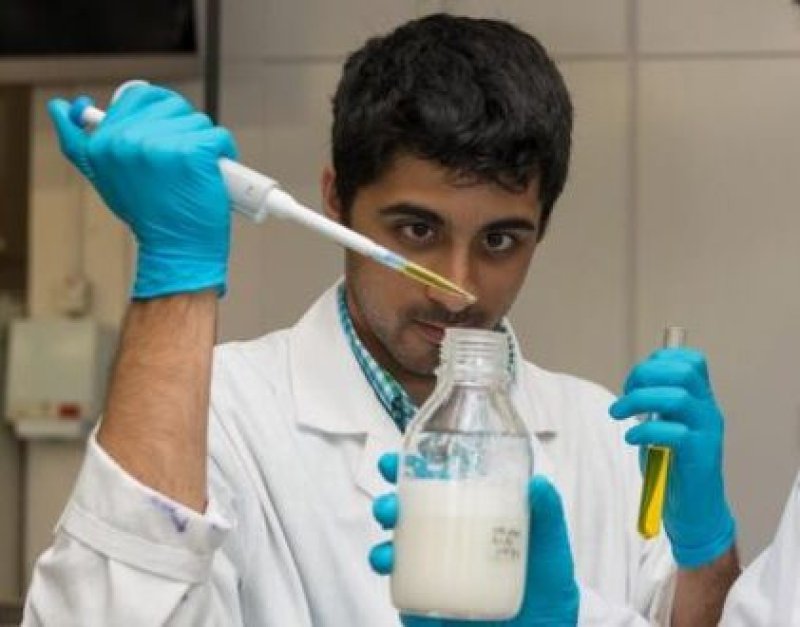“By 2030, the US dairy and cattle industry will have collapsed,” as ‘precision fermentation’ – producing animal proteins more efficiently via microbes – disrupts food production as we know it, predicts think tank RethinkX ….
A new wave of companies using a suite of engineered microorganisms (yeast, bacteria, fungi) capable of producing everything from collagen and gelatin (Geltor) to egg proteins (Clara Foods), heme proteins that can be used in plant-based meat (Impossible Foods, Triton Algae Innovations), milk proteins (Perfect Day, New Culture), proteins found in human breast milk (Triton), or a combination of these (Motif FoodWorks) in big fermentation tanks, could change the food industry as we know it, predicts RethinkX.
…
So what do industry stakeholders and other commentators make of these bold predictions? …. [T]he National Milk Producers Federation said the authors were living in a “vegan fantasyland.” A spokesman added: “This study will be a millstone around the neck of the fake-foods lobby.
…
Jack Bobo, who …. now runs Futurity, a consultancy at the intersection of food and technology, told FoodNavigator-USA that while precision fermentation was potentially disruptive, it was “incredibly unlikely that this [the collapse of the US dairy and cattle industry] will happen in the timeframe they describe.”
Read full, original article: By 2030, the US dairy and cattle industry will have collapsed,’ as microbial protein factories take over, predicts think tank































